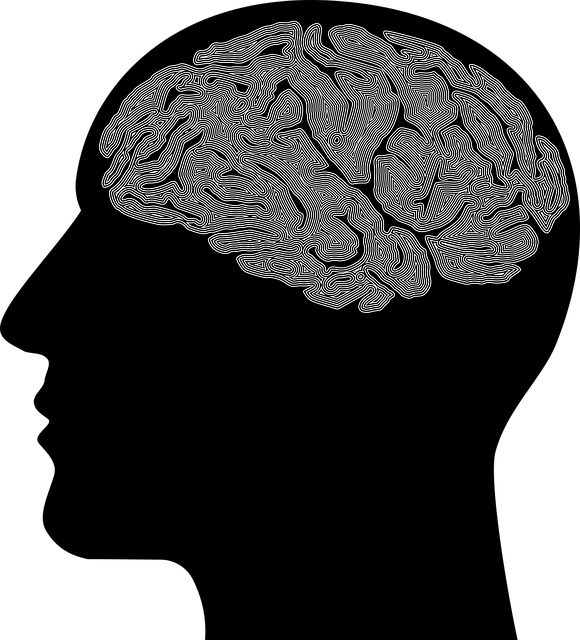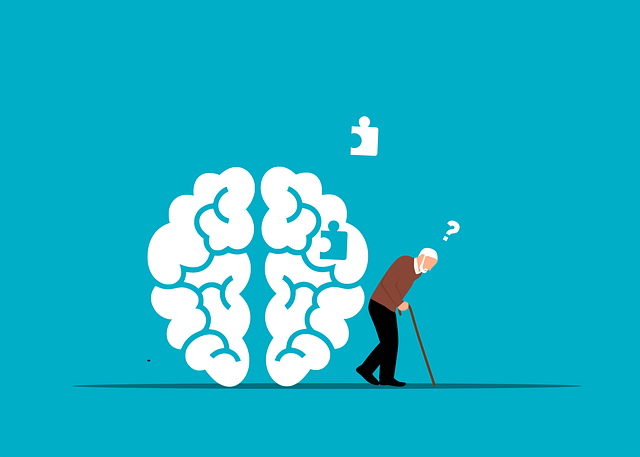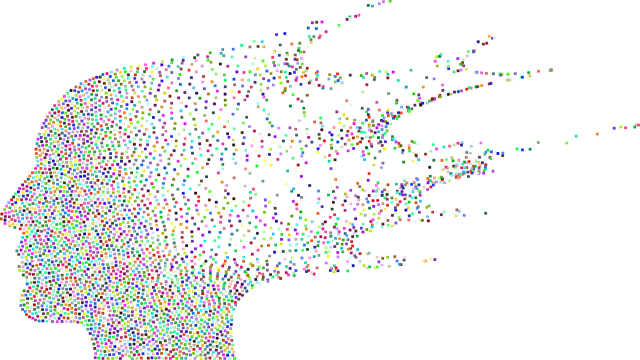Cultural competency in therapy for young children is vital, going beyond basic translation to include understanding diverse cultural backgrounds, beliefs, and values shaped by family dynamics and community norms. This sensitivity fosters a safe space, prevents racial burnout, and addresses systemic biases, enhancing therapeutic outcomes. Training programs should incorporate immersive scenarios like role-playing diverse family interactions, social skills training, and mental wellness coaching to equip therapists in providing tailored, inclusive care. Implementing such training creates more inclusive healthcare environments, measuring effectiveness through data-driven methods for continuous improvement.
Healthcare provider cultural competency training is an essential component of modern pediatric therapy, addressing the diverse needs of young children from various cultural backgrounds. This article explores three critical aspects: understanding cultural competency in healthcare and its significance for young children’s therapy, designing effective training programs tailored to therapists-clinicians, and implementing and measuring the impact of this training. By focusing on these key areas, we aim to enhance the quality of therapy for young children.
- Understanding Cultural Competency in Healthcare: Why It Matters for Young Children's Therapy
- Designing Effective Training Programs for Therapists-Clinicians
- Implementing and Measuring the Impact of Cultural Competency Training
Understanding Cultural Competency in Healthcare: Why It Matters for Young Children's Therapy

In the realm of healthcare, cultural competency goes beyond basic language translation. It involves understanding and appreciating the diverse cultural backgrounds, beliefs, and values of the children and families we serve. For therapists working with young children, this is paramount as it directly impacts the effectiveness of therapy sessions. Children’s experiences and behaviors are often shaped by their cultural contexts, which can range from family dynamics to community norms. Therapists who lack cultural competency may struggle to connect with clients, leading to less engaging and less successful therapeutic outcomes.
Moreover, when therapists demonstrate cultural sensitivity, they create a safe and supportive environment for children and their families. This is particularly crucial in trauma support services where cultural competency can help address complex issues such as racial burnout prevention and stress related to systemic biases. Mindfulness meditation and other coping strategies can be tailored to respect diverse needs, ensuring that therapy remains relevant and meaningful for each unique child and family. Effective therapy for young children thus hinges on the cultural competency of clinicians-therapists, enabling them to provide holistic care that respects and embraces every child’s cultural tapestry.
Designing Effective Training Programs for Therapists-Clinicians

Effective training programs for therapists-clinicians should focus on immersing participants in diverse cultural scenarios to enhance their cultural sensitivity in mental healthcare practice. This can involve role-playing sessions that replicate real-life interactions with families from various ethnic backgrounds, religious beliefs, and socioeconomic statuses. By engaging in these exercises, therapists gain a deeper understanding of the unique challenges faced by young children from different cultures, enabling them to deliver tailored therapy for young children.
Integrating social skills training within the curriculum is another strategic move. These programs help therapists-clinicians develop culturally sensitive communication techniques that foster trust and rapport with diverse families. Additionally, mental wellness coaching programs development should emphasize the importance of understanding cultural nuances in assessing and treating mental health issues. Such training equips professionals with the tools to provide inclusive care that respects individual differences, ultimately improving therapeutic outcomes for young children across diverse backgrounds.
Implementing and Measuring the Impact of Cultural Competency Training

Implementing cultural competency training within healthcare settings is a multifaceted process that requires careful planning and ongoing evaluation. Once integrated, the impact can be profound, fostering more inclusive environments for diverse patient populations, including young children. This training equips therapists and clinicians with essential tools to navigate complex cultural landscapes, enhancing their ability to deliver effective therapy.
Measuring its effectiveness is crucial for improvement. By incorporating techniques that promote emotional well-being, such as compassion cultivation practices, and providing crisis intervention guidance tailored to diverse needs, organizations can assess the training’s tangible outcomes. This data-driven approach allows them to identify areas of success and areas in need of refinement, ultimately ensuring that cultural competency becomes an integral part of healthcare delivery, benefiting both providers and patients alike.
Cultural competency training is a game-changer in healthcare, especially for young children’s therapy. By equipping therapists and clinicians with the skills to navigate diverse cultural landscapes, we enhance care delivery and improve outcomes. Effective training programs, as highlighted, should be interactive, evidence-based, and tailored to specific contexts. Implementing these programs and measuring their impact is crucial for continuous improvement. Ultimately, fostering cultural competency in therapy for young children enables healthcare providers to offer more personalized, respectful, and accessible services, ensuring better health outcomes for all.









